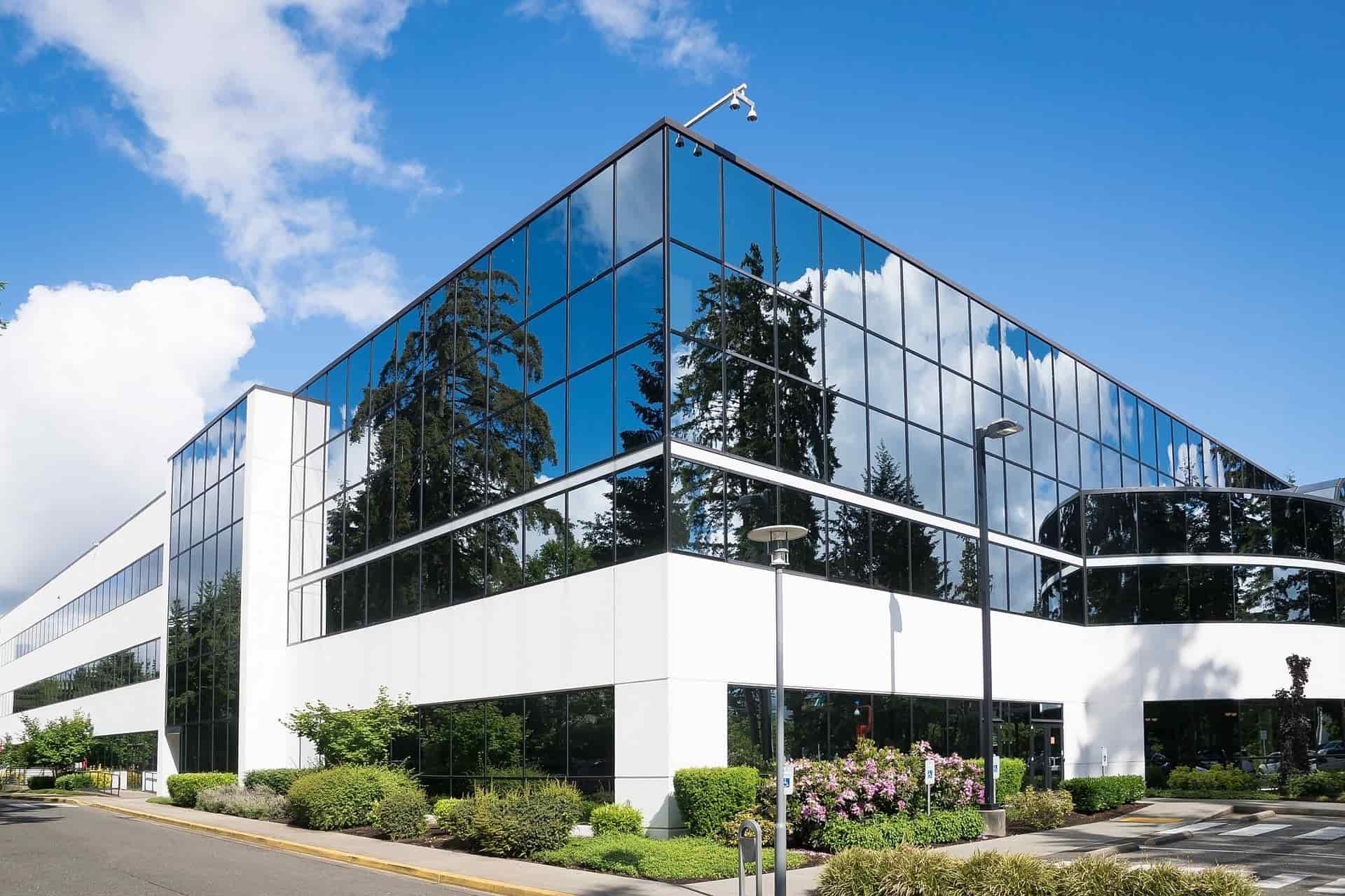
Are you ready to turn your dream of owning a commercial building into a reality? One of the most common ways to finance a commercial property is through a mortgage. A commercial mortgage can provide you with the funds needed to purchase or refinance a building for your business.
In this article, we will discuss the steps involved in financing your commercial building with a mortgage and provide you with valuable information to help you navigate the process successfully. If you are looking for the best commercial building mortgage then, you can contact Reico.
Understanding Commercial Mortgages
Before diving into the process of financing your commercial building with a mortgage, it's important to understand what a commercial mortgage is and how it differs from a residential mortgage.
Key Differences Between Commercial and Residential Mortgages
- Commercial mortgages are used to finance properties that will be used for business purposes, such as office buildings, retail spaces, or industrial facilities.
- Commercial mortgages typically have higher interest rates and shorter loan terms than residential mortgages.
- Commercial mortgages may require a higher down payment, usually ranging from 20% to 30% of the property's purchase price.
- Qualifying for a commercial mortgage often involves stricter requirements, including a thorough evaluation of the business's financial health and the property's potential for generating income.
Steps to Finance Your Commercial Building with a Mortgage
1. Determine Your Financing Needs
The first step in financing your commercial building with a mortgage is to determine how much funding you will need. Consider factors such as the property's purchase price, closing costs, renovations or improvements, and any other expenses associated with the acquisition.
2. Research Lenders and Loan Options
Once you have a clear idea of your financing needs, research potential lenders and loan options. Look for lenders who specialize in commercial mortgages and have experience working with businesses in your industry. Compare loan terms, interest rates, and fees to find the best financing option for your needs.
3. Prepare Your Financial Documents
When applying for a commercial mortgage, you will need to provide a variety of financial documents to demonstrate your business's financial stability and ability to repay the loan. Some of the documents you may need to prepare include:
4. Submit Your Loan Application
Once you have gathered all the necessary financial documents, you can submit your loan application to the lender. Be prepared to answer questions about your business, the property you are financing, and your plans for the building. The lender will review your application and financial documents to assess your eligibility for the loan.
5. Complete the Underwriting Process
After submitting your loan application, the lender will begin the underwriting process. During underwriting, the lender will evaluate your creditworthiness, the property's value, and the potential income it can generate. The lender may also conduct a property appraisal and environmental assessment to assess the property's condition and any potential risks.
6. Close on Your Loan
Once the underwriting process is complete and your loan is approved, you can proceed to the closing phase. At closing, you will sign the necessary paperwork, pay any closing costs or fees, and officially take ownership of the property. The lender will disburse the loan funds, and you will begin making regular payments according to the terms of the mortgage.
Benefits of Financing Your Commercial Building with a Mortgage
Financing your commercial building with a mortgage offers several benefits for business owners:
- Longer loan terms allow for more manageable monthly payments.
- Fixed interest rates provide stability and predictability for budgeting purposes.
- Ownership of the property can help build equity and wealth for your business.
- Interest paid on the mortgage may be tax-deductible, reducing your overall tax liability.
Conclusion
Financing your commercial building with a mortgage is an effective way to achieve your business goals and secure a valuable asset for your company. By understanding the steps involved in the financing process and working with experienced lenders, you can navigate the process successfully and turn your dream of owning a commercial property into a reality.
